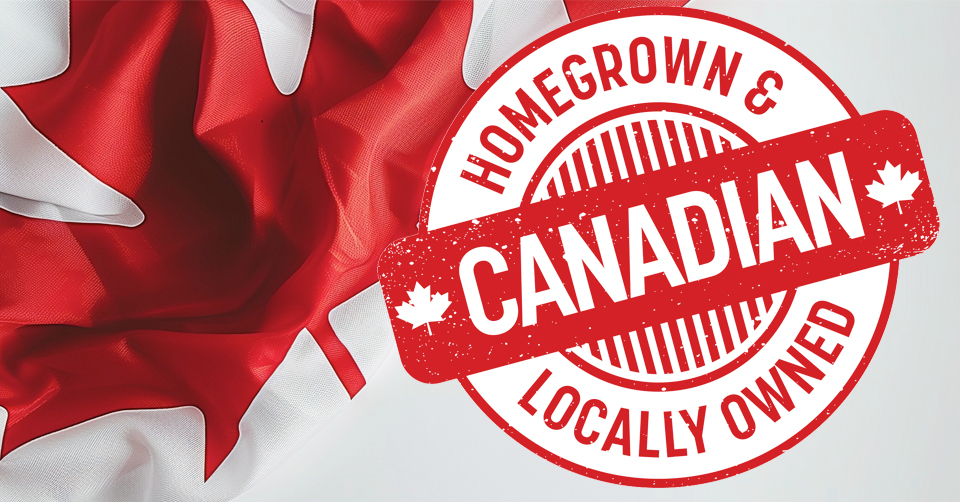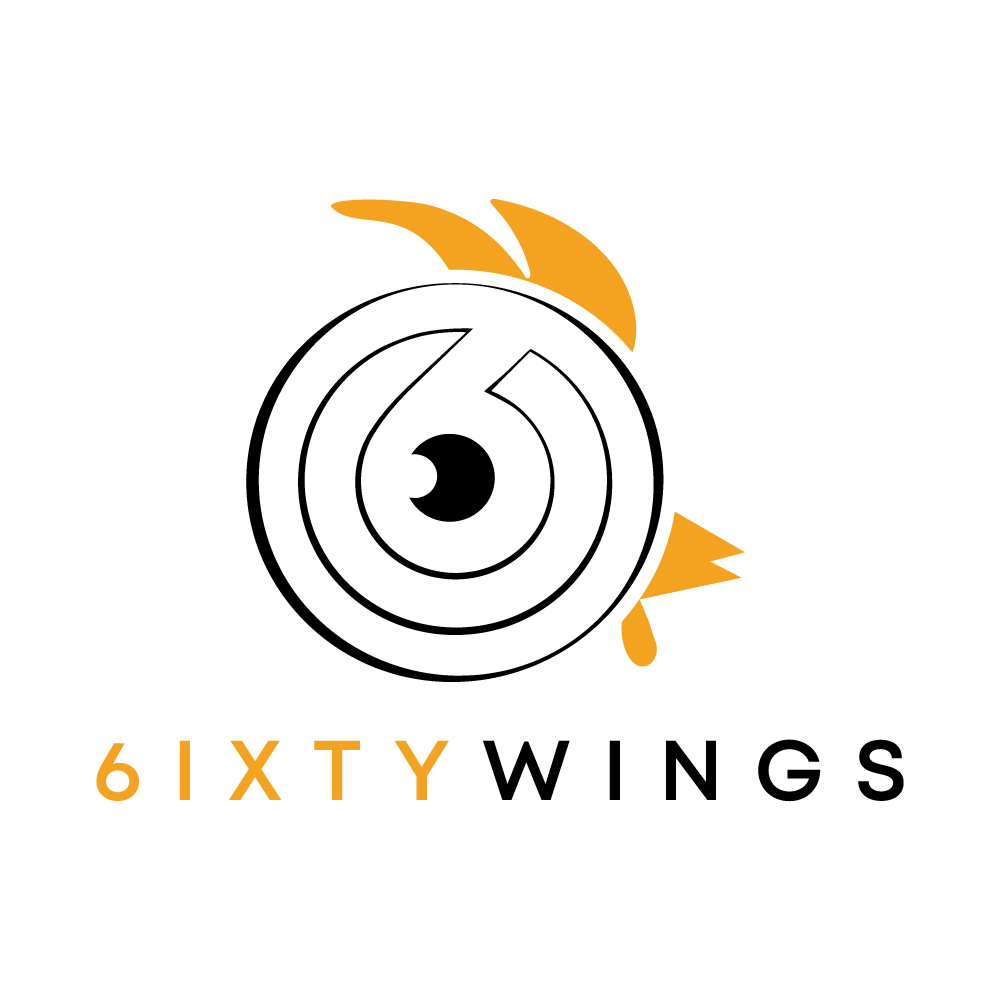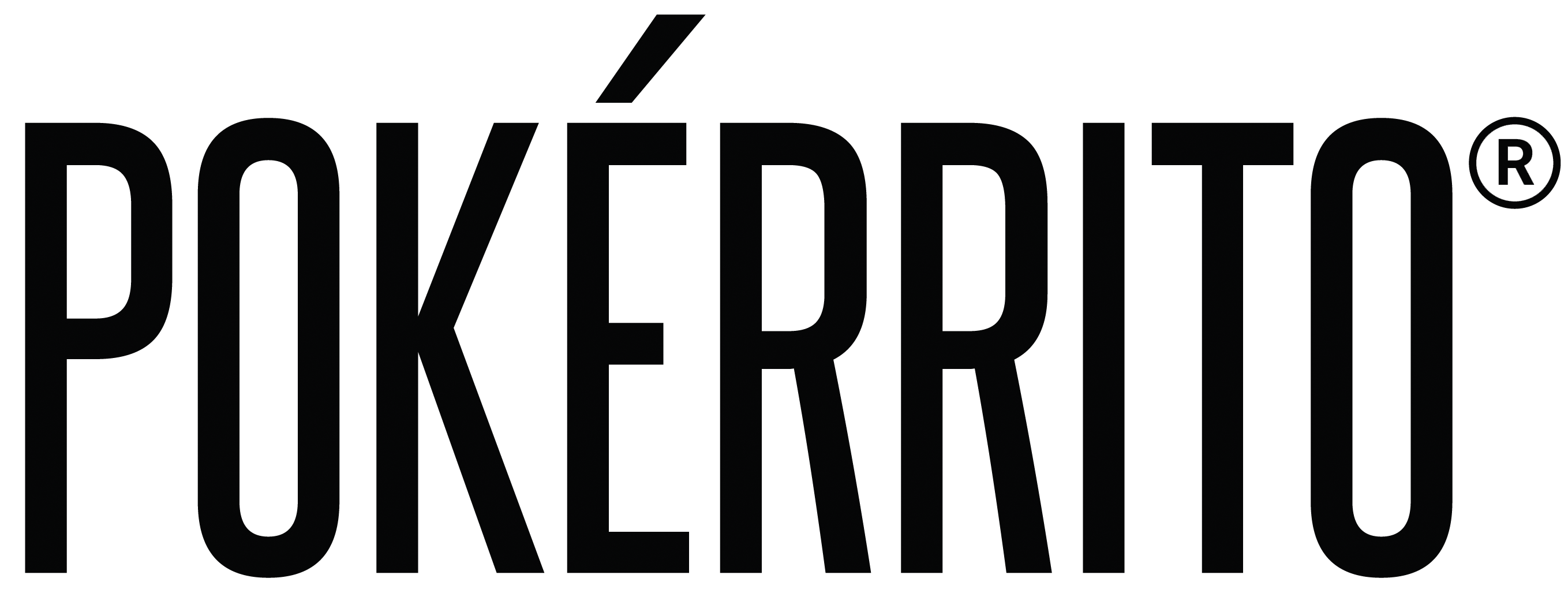Sometimes one standout location is all it takes for an all-Canadian system to prove itself. Before long, it has expanded into every region of the country and is offering a unique proposition for franchisee and customer alike, as these success stories demonstrate.
By David Chilton Saggers
6ixty Wings
The casual dining market is booming, says Gobe Jeganathan, who started 6ixty Wings in 2021 with his brother Neepan in Brampton, Ontario. And evidence of that boom can be found in the growth of their system, which now has seven franchises up and running in Ontario communities such as Ottawa, Mississauga, Woodbridge, Caledon, and elsewhere; two new stores expected to open in Toronto; and another 14 stores under construction. In all, 6ixty Wings plans to have 30 franchises across Canada by the end of this year. Beyond that, says Jeganathan, 6ixty Wings already has one location being readied in Texas, and Europe, the U.A.E., and India are also in his sights.
6ixty Wings, as its name suggests, is a premier chicken wing franchise named after the 60 flavours on its menu. Also on the menu are in-house seasoned French fries, burgers, wraps, quesadillas, and bites—as Jeganathan says, there’s something for everyone to enjoy. But it’s wings that hit the spot, as they are most popular with younger customers. 6ixty Wings’ core customer segment is comprised of 15- to 40-year-olds as well as the important sports enthusiast market. An average lunch costs $23.
Jeganathan says when he’s considering franchisees, he looks for individuals who are passionate about the food his system serves, share 6ixty Wings’ commitment to high standards, and buy into its vision and values.
Previous experience in the hospitality or retail sectors is also welcome but not a requirement.
“Most of our franchisees were [once] our customers,” says Jeganathan, although he adds there are now all kinds of people looking to invest in his system, priced at $250,000 to $450,000 for a location. Training takes place at 6ixty Wings’ training centre in Brampton where new franchisees are introduced to the system’s brand culture and operational processes, covering everything from food preparation and safety to management practices and customer service.
Among the benefits of investing in a 6ixty Wings franchise are a successful business model and the support the system provides, says Jeganathan. There’s also the strength of the brand, known for its unique flavours that stand out in the category and have led to strong customer loyalty and satisfaction. Jeganathan adds that investing in a 6ixty Wings franchise means joining a group of passionate entrepreneurs who collaborate with and support each other.
Learn more about franchising with 6ixty Wings
Pokerrito
Despite being a budding franchise, Pokerrito has some ambitious plans. Paul Chun, director of operations, says the next market the brand is looking toward is Toronto, and Mexico and London, England, are also up for consideration.
Pokerrito began in Vancouver in 2016 and, “that first location got a lot of traction,” Chun explains. Two more corporate stores opened in the Vancouver market, with franchising beginning in 2017, again in Vancouver. There are now 10 locations altogether, three in its home city and the rest on British Columbia’s Lower Mainland. Each location is designed to embody the brand’s philosophy of offering healthy, customizable meals.
Most of Pokerrito’s locations are new builds, says Chun, and the system’s preferred spots are streetfronts in areas where there are lots of local workers looking for lunch or dinner. Most stores are 700 to 1,500 square feet inside, with 1,000 square feet being ideal. As for who his franchisees are, Chun says they come from diverse backgrounds and share a common passion for the brand. Ideally, prospective franchisees approach the brand with some business experience, but Chun says it’s not a requirement.
Training takes three weeks in total, with one week in Vancouver and the other two on location before the store officially opens. Training differs depending on whether the franchisee is an owner-operator or an investor. Either way, Pokerrito’s franchise training system ensures that even those new to the food service industry can confidently manage a franchise, says Chun of the system’s easy-to-implement procedures. A franchise unit costs between $350,000 and $400,000 and averages 1,000 square feet.
Pokerrito offers both dine-in and takeout, and its target customers are health-conscious men and women in their early 20s to late 60s. “Our business model is to make fast food healthy,” says Chun. Pokerrito’s menu offers pan-Asian cuisine (the “rrito” is borrowed from “burrito”) in bowl form and sushi-like rolls, among other items, with bowls usually costing $17 to $20. For instance, the system’s Hawaiian Classic bowl is a mixture of Ahi tuna, seaweed salad, sweet corn, pineapple, alfalfa, radish coins, sesame seeds, crispy tempura, and shoyu sauce, but customers can also create their own ingredient mix. As a bonus for franchisees, Pokerrito locations are serviced by a central kitchen with its own product checks, which allows the system to track quality.
As for the benefits of investing with Pokerrito, Chun says the system has its own supply chain, which means franchisees benefit from unit pricing, and much lower labour costs too, since as few as two people can operate a store. There’s also the menu itself—a mixture of Asian foods including hot bowls, seafood bowls, and innovative sushi burritos—a very good communications system that allows franchisees to communicate instantly with head office, and a strong, competitive place in its market segment.
Learn more about franchising with Pokerrito
Tommy Gun’s Original Barbershop
Growing from a single storefront in the small Alberta city of Red Deer, Tommy Gun’s has shot to the top of its market segment after it doubled its target sales in its first year of business at its first location. A men’s barbershop that offers a unique blend of the modern and the nostalgic, there are now over 80 Tommy Gun’s franchises in Canada and more than 100 in total with the system’s stores in the U.S., Australia, and New Zealand. And, as managing partner Keenan Fisher says, more expansion is planned in Ontario where there are currently 10 stores, the least of any province.
Tommy Gun’s got its start in 2009 when Fisher’s father Ken, who has long had ties to the professional hair care business as a hairdresser, business owner, and entrepreneur, spotted a “huge gap” in the market. By 2012, the system had moved its head office to Kelowna, British Columbia. That was the year Tommy Gun’s began “external” franchising, says Fisher, who runs the business with his brother-in-law Cory Anderson, also a managing partner, that same year. Before that, franchisees had family or hair industry connections.
Fisher emphasizes that potential franchisees don’t need barbershop or hair care experience to invest with him, but a business or managerial background is welcome. He’s also looking for investors who are motivated and competitive and have the ability to lead a team. His lineup of franchisees is nearly an even split between men and women, Fisher explains, and about 80 per cent of them are multiple unit holders. Initial training is in Kelowna for seven to 10 days, with addition on-site training provided the five days leading up to opening. Ongoing support, training, and education is continually provided. The cost of a franchise is $495,000.
“Our store’s perfect size is 1,200 square feet,” says Fisher, adding that he looks for high-traffic areas in power centres, at streetfront sites. As for his customers, he says the bulk are males 16 to 45, “but it’s a very wide net that we cast. [Our stores] attract an extensive range of people.”
As for the benefits of an investment with Tommy Gun’s, Fisher says, “We have an industry-leading concept, and there’s a dedicated franchisor to support you. We create value without sacrificing what we’re about.” As well, he continues, his system is financially strong and there is a focus on return on investment for franchise owners. “We have the most locations, barbers, and highest overall sales as compared to any of our competitors,” says Fisher. “Tommy Gun’s is a platform for all to succeed.”




